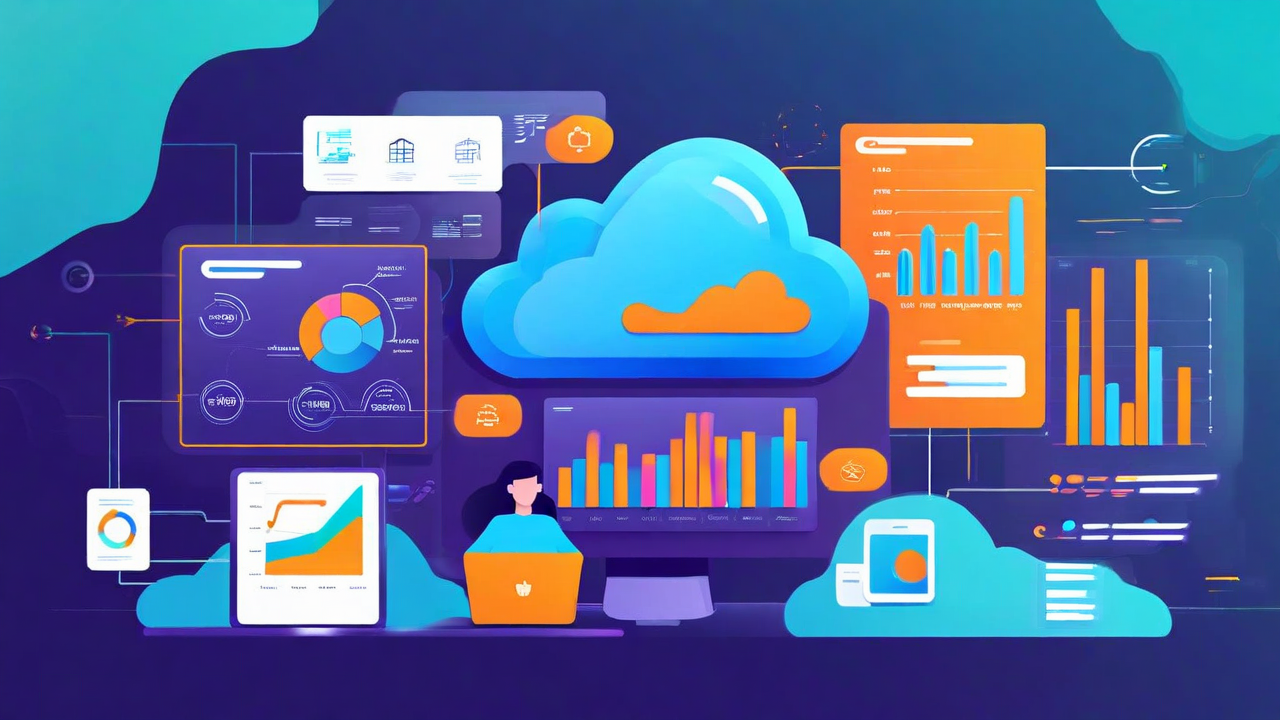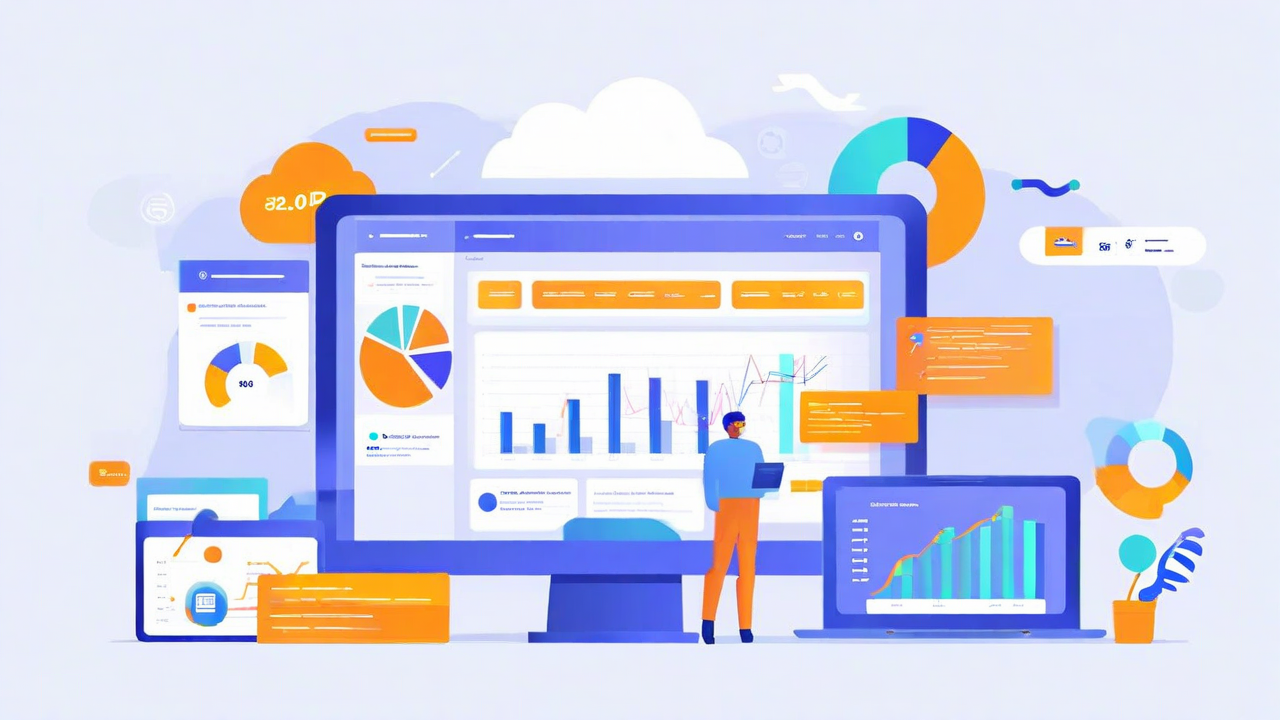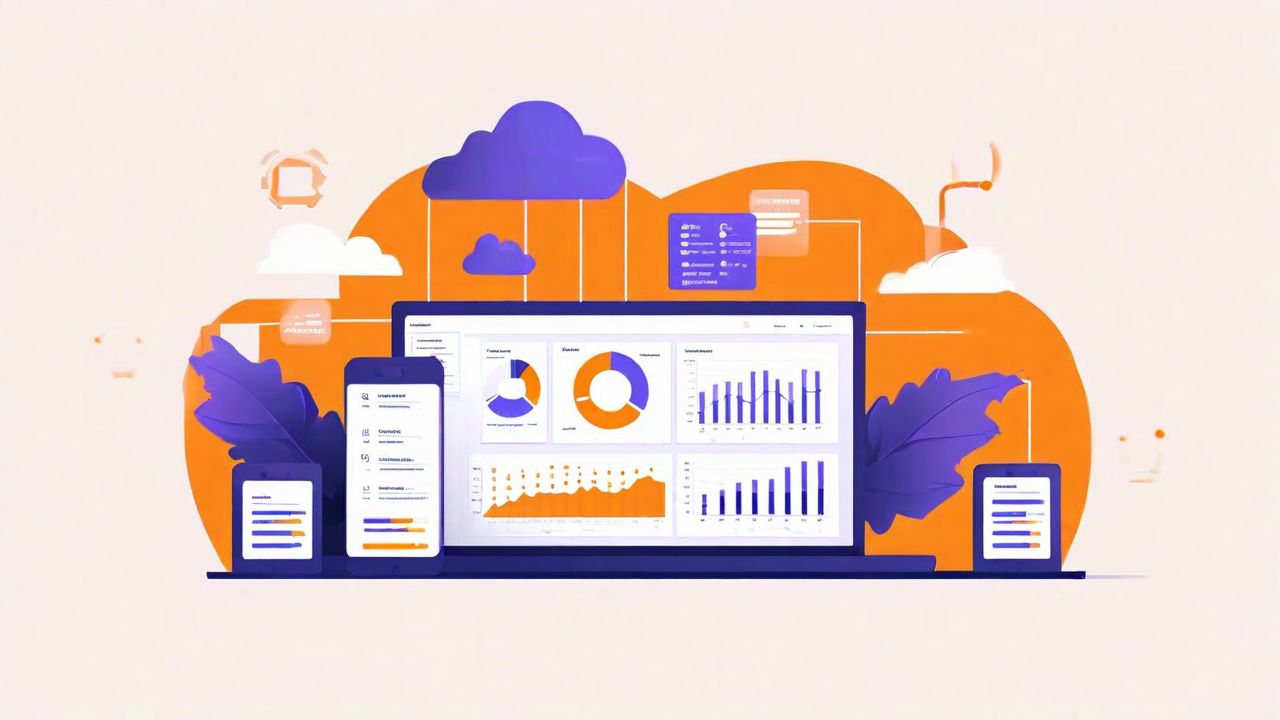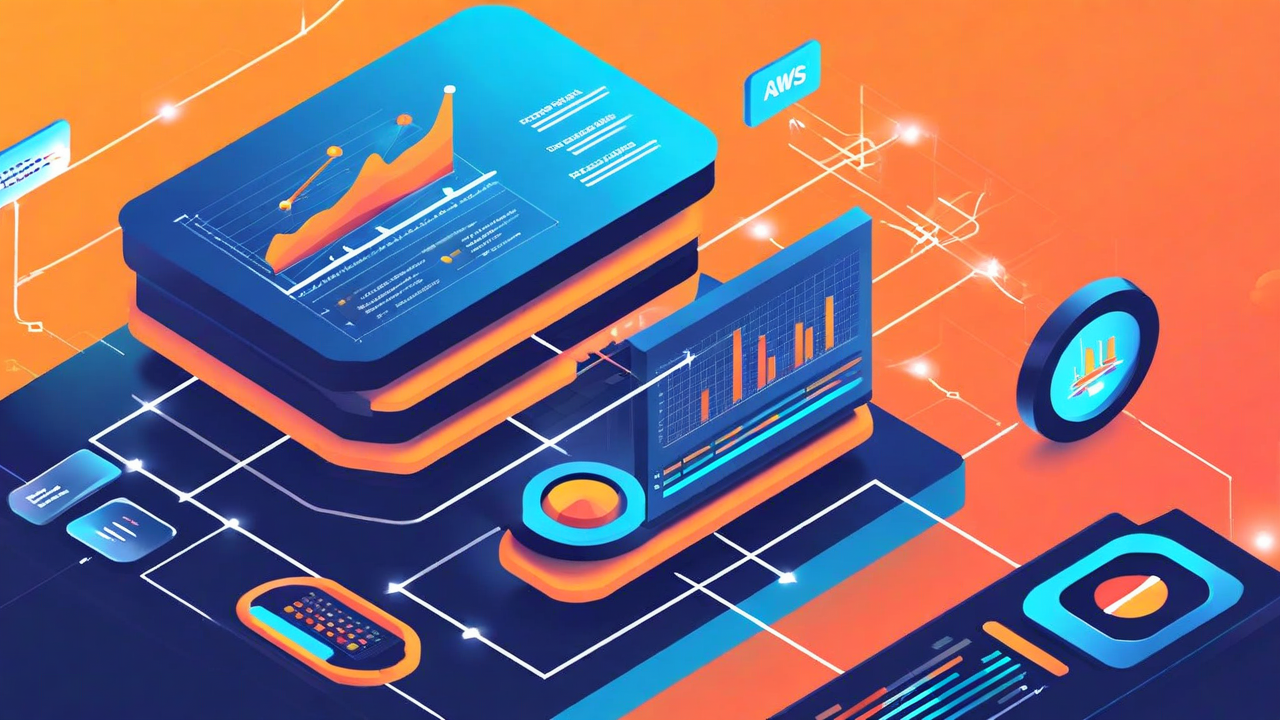Amazon CloudWatch application map now supports un-instrumented services discovery

Amazon CloudWatch Application Map Updates
Application map in Amazon CloudWatch now supports un-instrumented services discovery, cross-account views, and change history, helping SRE and DevOps teams monitor and troubleshoot their large-scale distributed applications. It detects and visualizes services not instrumented with Application Signals, providing out-of-the-box observability coverage in your distributed environment. It also provides a single, unified view for applications, services, and infrastructure distributed across AWS accounts, enabling end-to-end visibility. Additionally, it provides a history of recent changes, helping teams quickly correlate when a modification occurred and how it aligns with shifts in application health or performance.
These enhancements help SRE and DevOps teams troubleshoot issues faster and operate with greater confidence in large-scale, distributed environments. For example, when latency or error rates spike, developers can now investigate recent configuration changes, and analyze dependencies across multiple AWS accounts, all from a single map. During post-incident reviews, teams can use historical change data to understand what shifted and when, improving long-term reliability. By unifying service discovery, dependency mapping, and change history, application map reduces mean-time-to-resolution (MTTR) and helps teams maintain application health across complex systems.
What to do
- Investigate recent configuration changes and analyze dependencies across multiple AWS accounts from a single map.
- Use historical change data during post-incident reviews to understand what shifted and when.
- Maintain application health across complex systems by reducing MTTR.
Starting today, the new capabilities in Application Map are available at no additional cost in all AWS commercial regions (except Taipei and New Zealand). To learn more about Application Map, please visit the Amazon CloudWatch Application Signals documentation.
If you need further guidance on AWS, our experts are available at AWS@westloop.io. You may also reach us by submitting the Contact Us form.
.svg)



